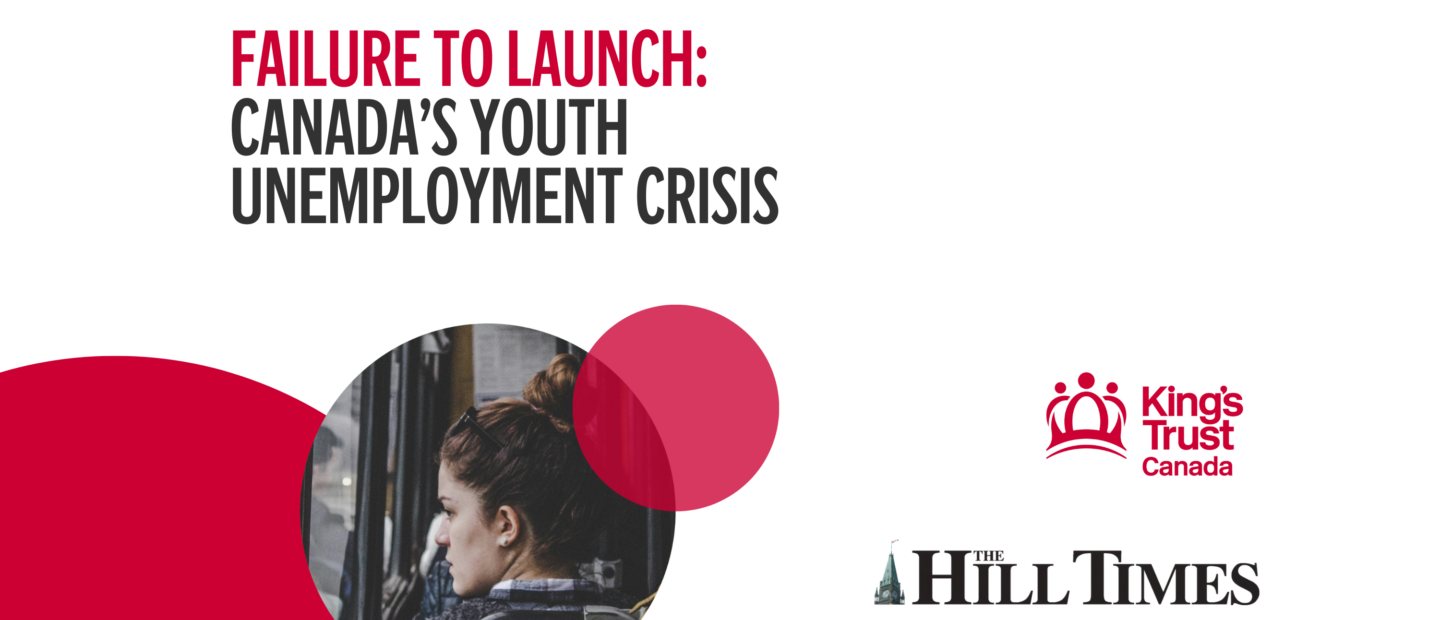By Farah Mohamed – Published in The Hill Times.
Canada has a youth unemployment problem, and no one is talking about it.
The unemployment rate of young people reached the highest it’s been in a decade this summer, excluding the pandemic years. At the same time, the number of young people who are not working, not in school or in training has reached 850,000. What’s more is, involuntary part-time employment among young people is on the rise. Something is wrong: our country is not working for its young people.
So, what’s going on? The youth unemployment crisis is complex. It is driven by multiple factors including, but not limited to, a mismatch of skills, increased competition, degree inflation, and fewer hiring opportunities in a tough economy.
Let’s start with the skills mismatch: a staggering 59% of Canadian businesses say they can’t find qualified candidates to fill vacancies. Employers and young job seekers report a concerning trend that post-secondary education is not equipping graduates with the skills needed in today’s job market. While degrees provide essential technical knowledge, they often fall short in teaching crucial skills such as time management, resilience, and effective communication.
At the same time, more employers are raising the educational and experiential bar for entry-level positions, a trend known as “degree inflation.” For example, an entry-level job that requires a master’s degree and three years’ experience.
Moreover, Canadian employers simply don’t invest in training their employees compared to their international counterparts. This reluctance to train results in lowered national productivity and on an individual level, it shows up in employers preferring to hire experienced workers over inexperienced young job seekers, further limiting young people’s access to entry-level jobs. What workers learn in entry-level positions, skills like punctuality, collaboration, and responsibility, are fundamental to becoming skilled workers down the line.
We are creating – whether we realize it or not – a less competitive Canada with a workforce that is as unskilled as it is inexperienced, and leaving them to shoulder the burden of powering our economy and supporting our ageing population. Any economist will tell you, that’s bad news.
A Deloitte report, commissioned by The King’s Trust Canada, showed that even modest action on youth unemployment would result in an estimated $18.5 billion added to our GDP by 2034.
Beyond the economic impacts, the social costs of youth unemployment are nothing less than devastating. Increased mental health issues, higher rates of substance abuse, and rising crime rates are all linked to unemployment among youth. Managing these social issues will require increased investment in social services, the justice system, and healthcare that we simply aren’t prepared for.
Persistent youth unemployment can also contribute to distrust in our institutions, less civic engagement and intergenerational friction, creating a less cohesive and more divided society.
Young people were told that if they went to school and played by the rules, they would be able to get good jobs, buy homes, and have families. Unfortunately, that didn’t pan out. Prime Minister Trudeau has rightly pointed out, that Canada’s greatest challenge is its broken promise to young people. Who can blame young people if they feel disenchanted and disinclined to play by the rules and respect the systems of a generation that let them down?
It’s easy to dismiss the struggles of today’s youth by assuring ourselves that “the kids will be fine because we were fine,” but in so doing, we ignore the fact that young people face a different and more difficult set of conditions than we ever did and the numbers back that reality up.
Canadians need to pay attention to this crisis because over the next decade, millions of youths will enter the labour force. This isn’t a social issue, or a special interest issue, because no matter who you are, I can guarantee you, at one point, you will have been a youth. This issue is as universal as it gets, and it deserves attention.
We need an all-hands-on-deck strategy, that brings together governments, businesses, educators, and community organizations because investing in young people isn’t an option, it’s as crucial as investing in critical infrastructure like food security, healthcare or our military. If we don’t do it today, I’m telling you, we’ll pay for it tomorrow.







